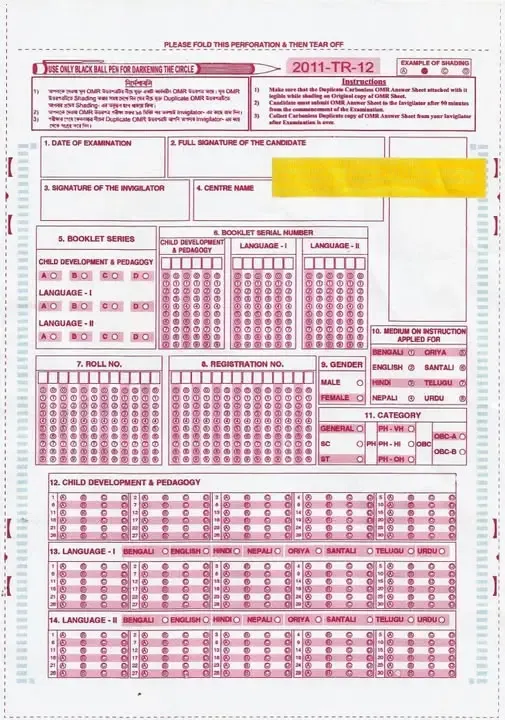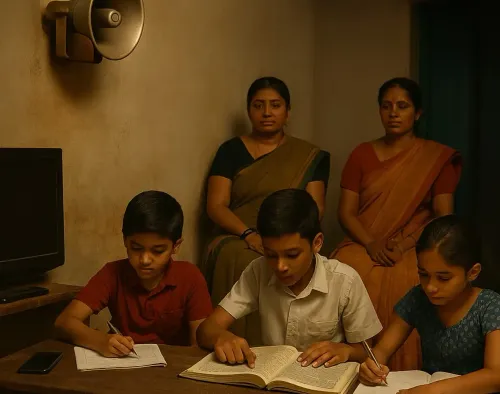Cancellation of Bengal School Jobs: WBSSC's Flaws Preventing Candidate Segregation

Synopsis
Key Takeaways
- Supreme Court upheld cancellation of WBSSC appointments.
- Prolonged legal proceedings revealed major lapses.
- Failure to preserve OMR sheets hindered candidate verification.
- Criticism of the state government's role in protecting ineligible candidates.
- CBI investigation includes the creation of supernumerary posts.
Kolkata, April 3 (NationPress) On Thursday, the Supreme Court confirmed the Calcutta High Court's ruling from last year, which annulled the entire panel of appointments for teaching and non-teaching positions conducted by the West Bengal School Service Commission (WBSSC) in 2016. The extensive legal discussions in both courts have identified numerous failures by the WBSSC, making it nearly impossible to differentiate between genuine and ineligible candidates.
The Supreme Court’s bench, led by Chief Justice of India Sanjiv Khanna and Justice Sanjay Kumar, acknowledged the concerns raised by the Calcutta High Court’s bench of Justice Debangsu Basak and Justice Shabbar Rashidi last April. They noted the challenges in separating genuine candidates from those who had obtained jobs through financial means.
Central to the legal discussions was the significant oversight regarding the preservation of the optical mark recognition (OMR) sheets from the written exams and the lack of scanned copies being retained.
Historically, the commission had adhered to a policy of keeping OMR sheets for three years post-examination. However, it was revealed that the OMR sheets for the 2016 panel were destroyed merely one year after the exam.
Moreover, it was uncovered during the legal proceedings that the WBSSC did not retain scanned copies of the destroyed OMR sheets for the 2016 panel.
Legal analysts have indicated that had the OMR sheets or their scanned versions been preserved, distinguishing between genuine and ineligible candidates would have been straightforward.
This negligence has raised serious questions about the WBSSC and the state Education Department's role in the process. Opposition parties argue that genuine candidates will now face repercussions due to the attempts by the state government and the ruling Trinamool Congress to safeguard the positions of ineligible candidates who attained their jobs through bribery.
Furthermore, the state government has been repeatedly criticized by opposition parties for the establishment of supernumerary posts. These parties contend that this decision was not intended to benefit genuine candidates but rather to shield the jobs of ineligible ones.
At one point, the Calcutta High Court itself questioned the rationale behind creating such posts and subsequently instructed the Central Bureau of Investigation (CBI) to include this issue in its inquiry into the multi-crore cash-for-school job scandal.










